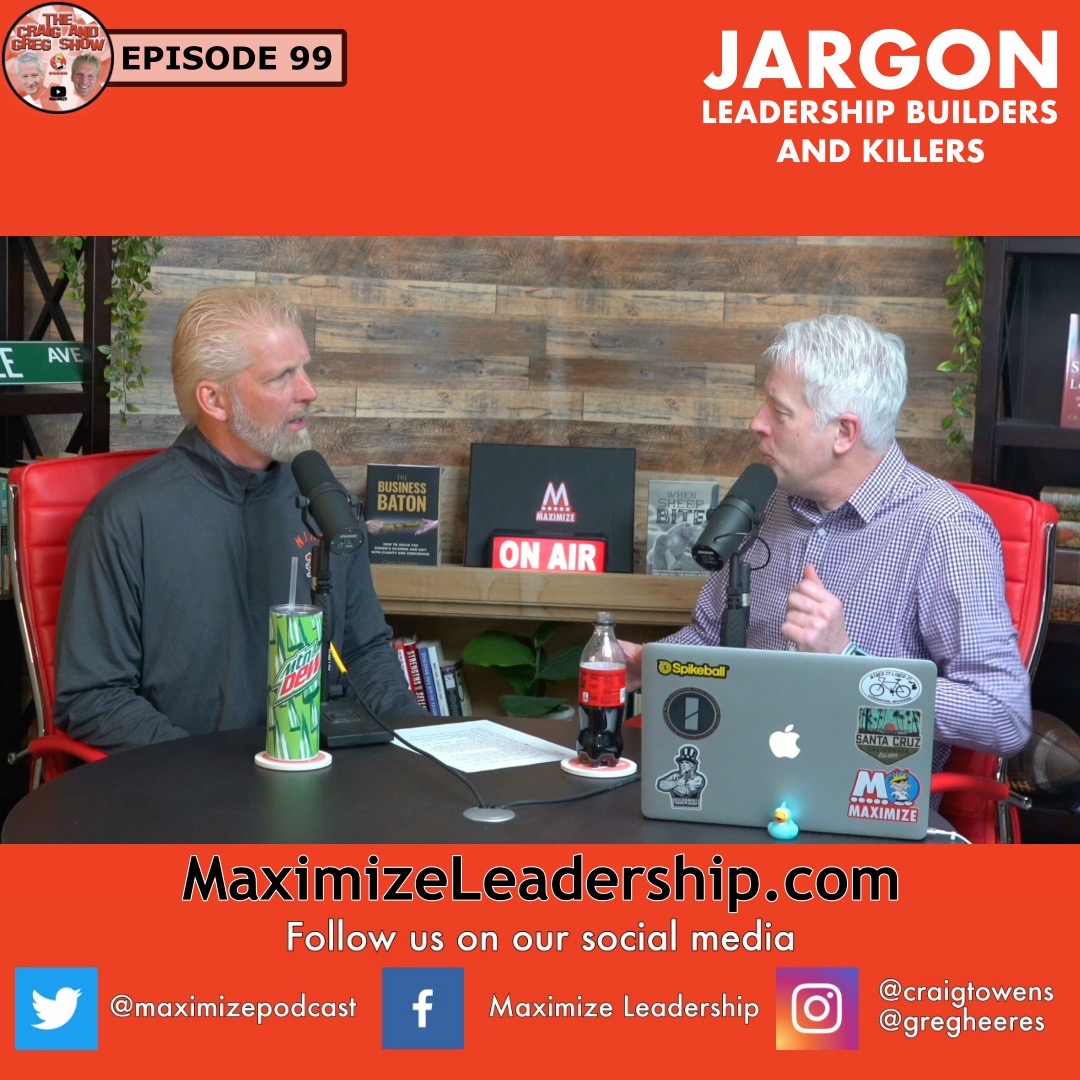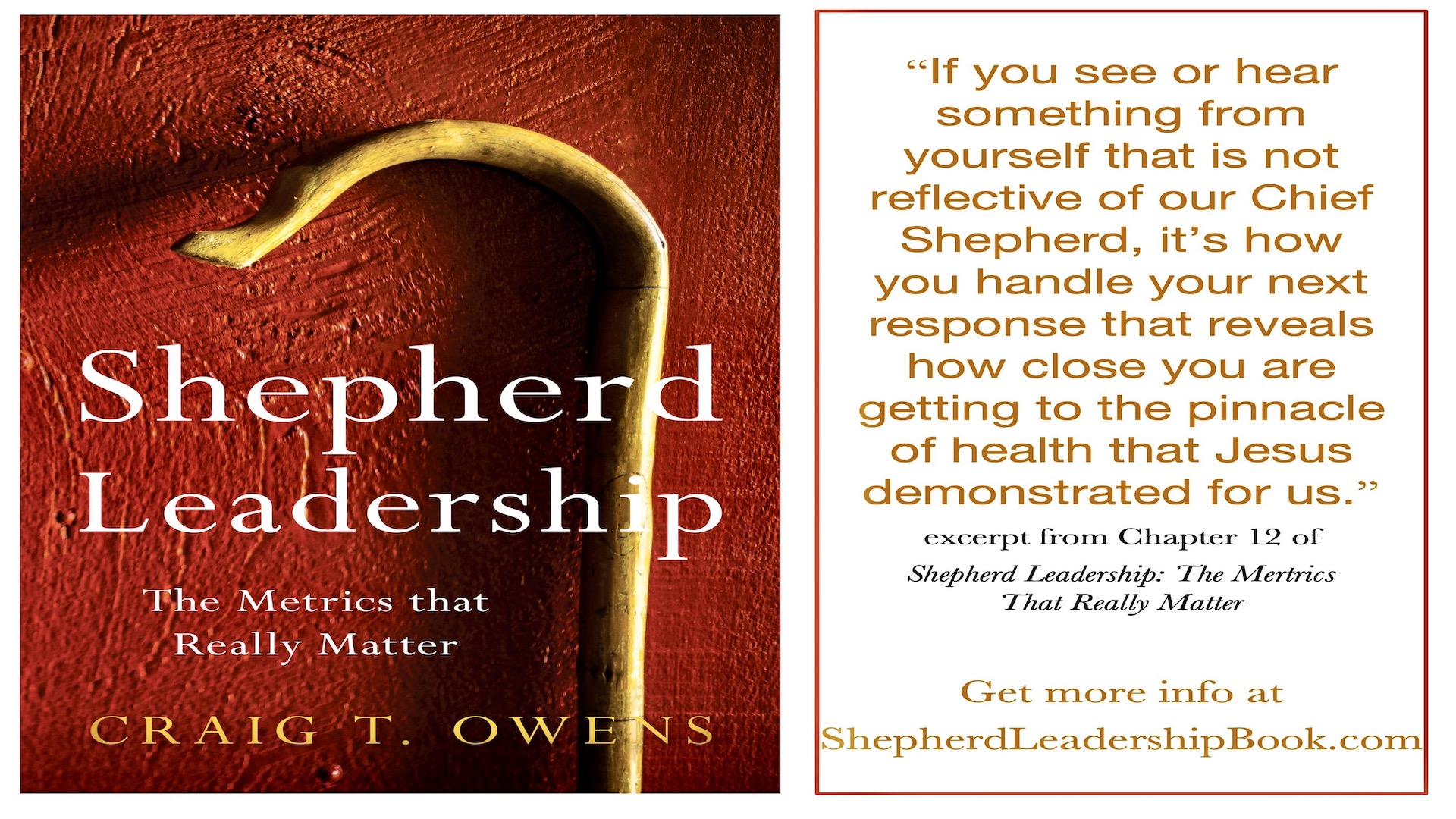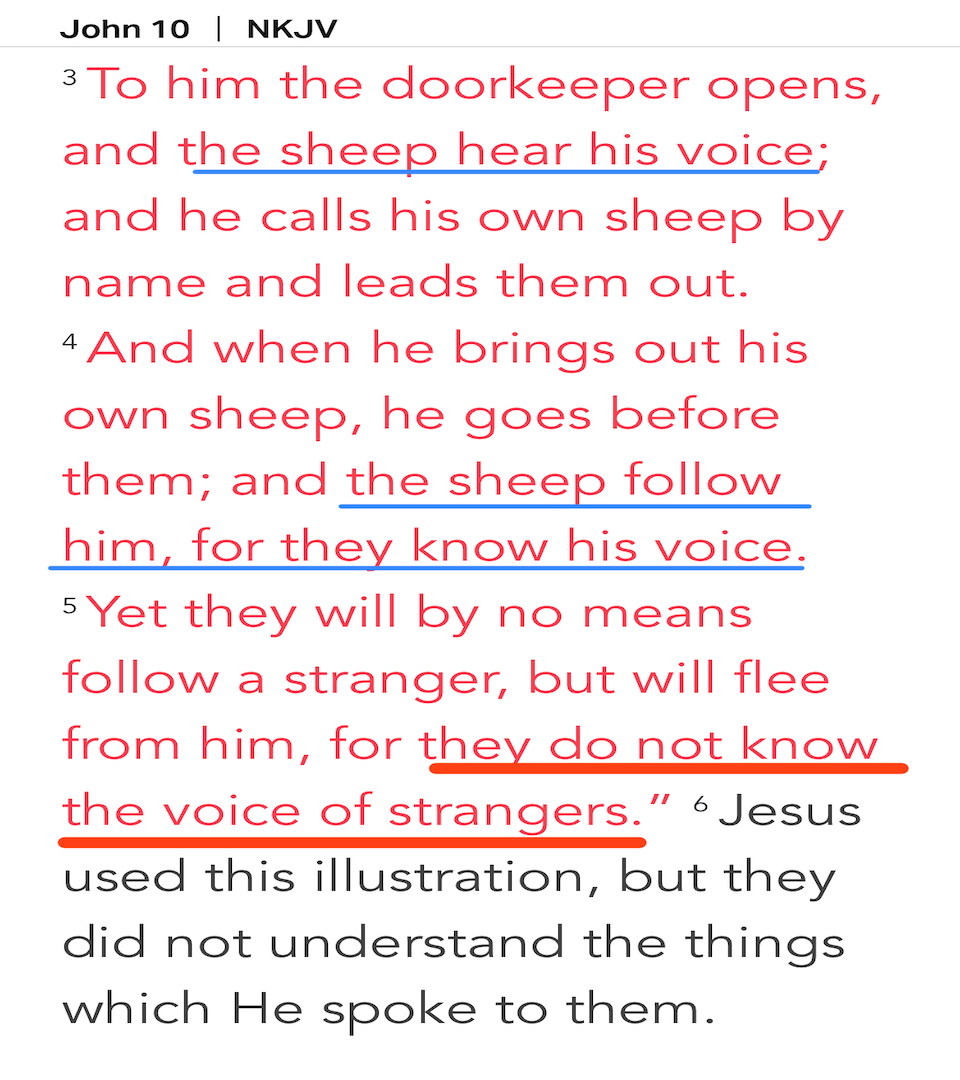Listen to the podcast of this post by clicking on the player below, and you can also subscribe on Apple, Spotify, or Audible.
 If the expected target metrics of today’s program are met, we expect significant workflow performance advancements from team lead positioned individuals.
If the expected target metrics of today’s program are met, we expect significant workflow performance advancements from team lead positioned individuals.
Does that seem a little complicated? Jargon in the workplace can very quickly cause significant problems, leading to confusion and disengagement in your team. The solution is simple—clear, concise communication. So let’s try this again without the jargon: Greg and I hope that this episode inspires you to remove the jargon from your communication, and as a result you will see your leadership influence grows.
- [0:41] Today we are returning to Leadership Builders and Killers with a topic inspired by a series of videos I saw online about business jargon.
- [3:21] Greg asks, “Why all the jargon?”
- [5:34] Jargon can take away from what you want to communicate, and can cause others to disengage from the conversation.
- [8:26] Jargon is antithetical to a commitment to clarity.
- [9:33] I share a story of a conversation with students that highlights wisdom we can take into the workplace.
- [12:06] One of the lowest form of communication is assumption.
- [14:03] It’s important to circle back with people after a meeting to maker sure they understood.
- [15:13] Jargon frequently shows up when there’s bad news to share, and when leaders are trying to cast vision.
- [16:50] Sometimes we use jargon to hide.
- [19:30] I share a story from the life of John Wesley about how he became a better communicator.
- [21:14] It’s important to communicate with everyone on an even playing field, and not use jargon to avoid being pinned down.
- [22:39] Using jargon can negatively impact your influence as a leader. Conversely, clear communication will lift your influence.
- [24:58] Jargon can creep into your communication without you being aware of it. A coach from outside your industry can help you notice these blind spots.
Check out this episode and subscribe on YouTube so you can watch all of the upcoming episodes. You can also listen to our podcast on Spotify and Apple.















